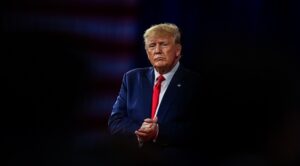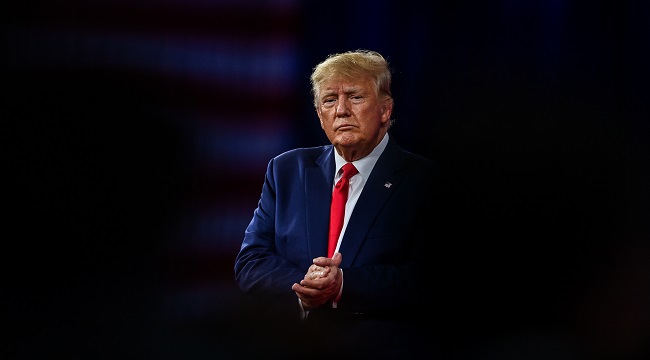
CURRENT REPORT BLOG former President Donald Trump’s legal battles continue as he faces federal charges related to his alleged conspiracy to overturn the 2020 election. Lawyers representing Trump have recently requested an April 2026 trial date for these charges, positioning the trial well beyond the upcoming 2024 presidential election. This move has sparked discussions and debates about the timing and implications of the trial.
Trial Date Set for Federal Charges
In a recent development, lawyers representing Donald Trump have formally requested an April 2026 trial date for the federal charges concerning his alleged involvement in a conspiracy to overturn the 2020 election results. This decision places the trial well after the anticipated November 2024 presidential vote, leading to various interpretations and debates about its timing and significance.
Other Trials Looming
Interestingly, Trump is facing legal challenges on multiple fronts. Two other trials, one at the state level in New York and another at the federal level in Florida, have already been scheduled to begin before the 2024 presidential election. The trial in New York is set to commence in March, while the federal trial in Florida is scheduled for May. These trials are separate from the federal charges related to the alleged election interference.
Implications and Speculations
The decision to propose an April 2026 trial date has raised eyebrows and generated discussions about the potential implications. Some speculate that the timing of the trial could be a strategic move to avoid any interference with the 2024 presidential election or to allow the legal landscape to evolve over time. Others view it as a calculated decision aimed at minimizing the impact of the trial on Trump’s political image.
Debate Over Timing
As opinions on the trial’s timing vary, legal experts and political commentators are engaged in debates about the potential consequences. The extended timeline raises questions about the fairness of the trial, its impact on public perception, and its potential role in shaping future political dynamics.
 Donald Trump’s legal battles continue to captivate the public’s attention, with the recent request for an April 2026 trial date for federal election interference charges adding another layer of complexity to the situation. The decision to position the trial well beyond the 2024 presidential election has ignited discussions about its implications and significance in the broader political landscape. As legal proceedings unfold, the timing of the trial is sure to remain a subject of debate and speculation.
Donald Trump’s legal battles continue to captivate the public’s attention, with the recent request for an April 2026 trial date for federal election interference charges adding another layer of complexity to the situation. The decision to position the trial well beyond the 2024 presidential election has ignited discussions about its implications and significance in the broader political landscape. As legal proceedings unfold, the timing of the trial is sure to remain a subject of debate and speculation.












